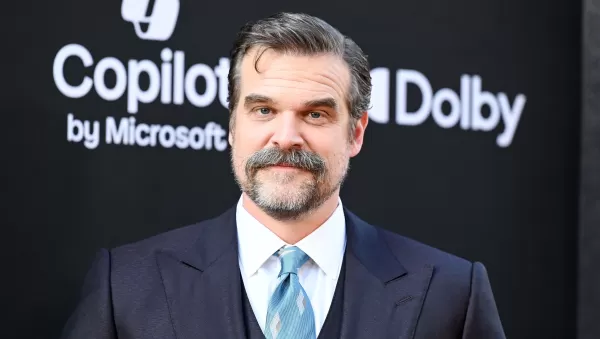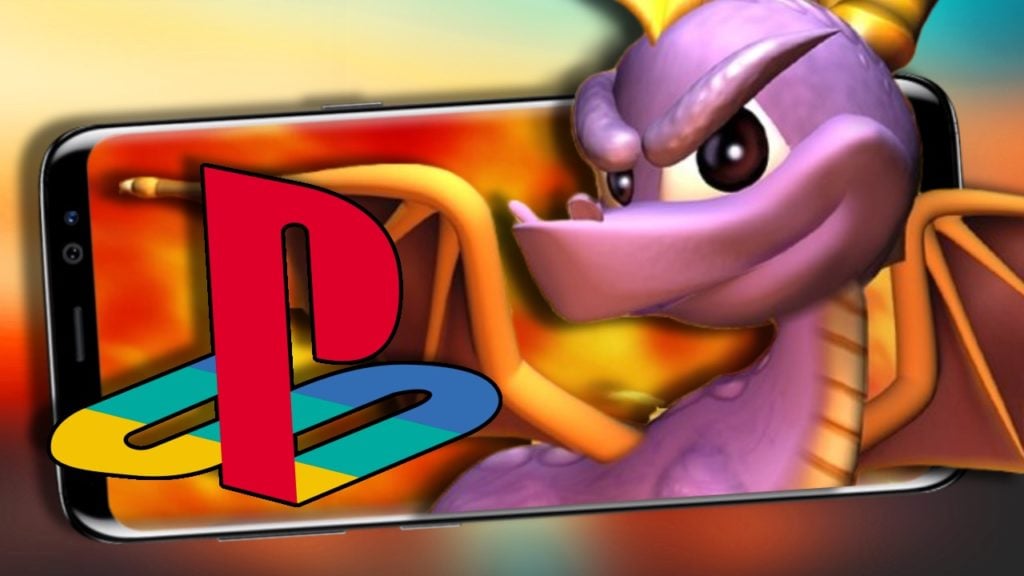Microsoft's multiplatform strategy is clearly bearing fruit, as evidenced by their successful launches on PlayStation 5, Xbox Series X and S, and PC. This was confirmed by Sony through a PlayStation blog post detailing the top-selling games on the PlayStation Store for April 2025.
In the U.S. and Canada, Microsoft games dominated the top three spots on the PS5's non-free-to-play download chart: The Elder Scrolls IV: Oblivion Remastered, Minecraft, and Forza Horizon 5. Europe saw a similar trend, with Forza Horizon 5 leading, followed by The Elder Scrolls IV: Oblivion Remastered and Minecraft.
*Clair Obscur: Expedition 33*, backed by Microsoft for a day-one Game Pass launch and featured in Xbox showcases, also ranked highly on both charts. Additionally, *Call of Duty: Black Ops 6* from Microsoft-owned Activision and *Indiana Jones and the Great Circle* from Microsoft-owned Bethesda made strong showings.This success underscores a simple truth: quality games, regardless of their origin, dominate sales charts. It's no surprise to see Microsoft's titles excelling on PlayStation. The PS5 community eagerly awaited Forza Horizon 5, a stunning racer from Playground Games, which launched in April to great anticipation. The Elder Scrolls IV: Oblivion Remastered satisfied the demand for Bethesda's immersive worlds across PC and console, while Minecraft continues to soar in popularity, especially with the buzz around its record-breaking movie.
This trend signifies a new norm for Microsoft, which recently announced *Gears of War: Reloaded* for PC, Xbox, and PlayStation, set to release in August. It seems inevitable that *Halo*, once an Xbox exclusive, may also transition to multiplatform.Last year, Microsoft's gaming chief Phil Spencer emphasized that there were no "red lines" in their first-party lineup regarding multiplatform releases, including Halo. In an interview with Bloomberg, Spencer stated that every Xbox game is a candidate for a multiplatform launch. "I do not see sort of red lines in our portfolio that say 'thou must not,'" he remarked.
Spencer's multiplatform strategy is driven by the need to boost Microsoft's gaming revenue, particularly after the monumental $69 billion acquisition of Activision Blizzard. "We run a business," Spencer said in August. "It's definitely true inside of Microsoft the bar is high for us in terms of the delivery we have to give back to the company. Because we get a level of support from the company that's just amazing and what we're able to go do. So I look at this, how can we make our games as strong as possible? Our platform continues to grow, on console, on PC, and on cloud. It's just going to be a strategy that works for us."
### Xbox Games Series Tier ListXbox Games Series Tier List
Former Xbox executive Peter Moore, speaking to IGN last year, suggested that bringing Halo to PlayStation has likely been a topic of discussion at Microsoft for some time. "Look, if Microsoft says, wait, we're doing $250 million on our own platforms, but if we then took Halo as, let's call it a third-party, we could do a billion… You got to think long and hard about that, right?" Moore said.
He emphasized the broader value of Halo as intellectual property. "I mean, you just got to go, yeah, should it be kept? It's a piece of intellectual property. It's bigger than just a game. And how do you leverage that? Those are the conversations that always happen with, how do you leverage it in everything that we would do? It's had its ups and downs, but look, Xbox wouldn't be what Xbox is without Halo. But yeah, I'm sure those conversations are happening. Whether they come to fruition, who knows? But they're definitely happening, I'm sure."
Microsoft faces potential backlash from hardcore Xbox fans who feel that the brand is being devalued due to the lack of exclusives and the company's marketing strategy. The prospect of Halo moving to PlayStation might provoke further discontent. However, Moore believes that Microsoft will not let this deter them from making strategic business decisions. "The question would be, ultimately, is that reaction enough not to make a fundamental business decision for the future of not only Microsoft's business, but gaming in itself?" he said. "Those hardcore are getting smaller in size and older in age. You've got to cater to the generations that are coming through, because they're going to drive the business over the next 10, 20 years."




















